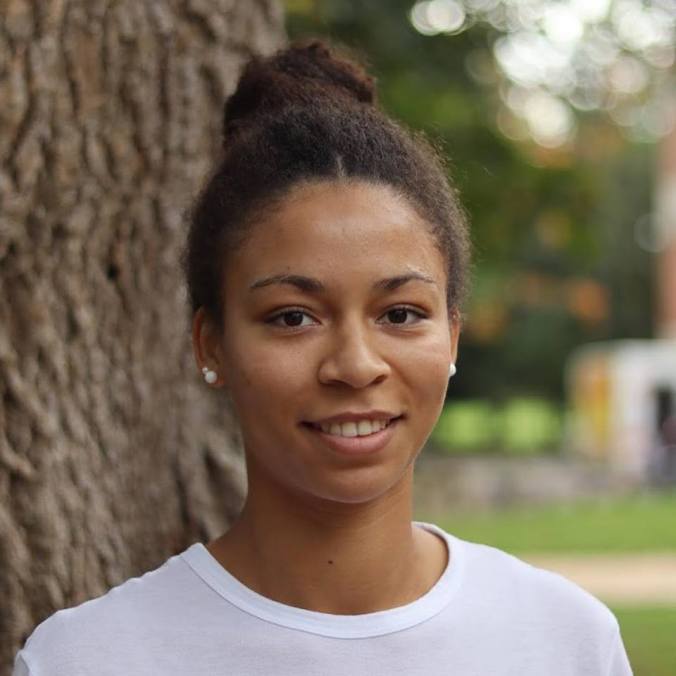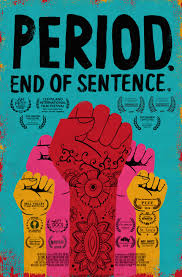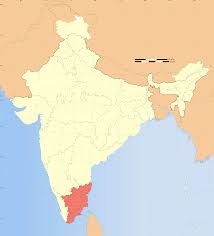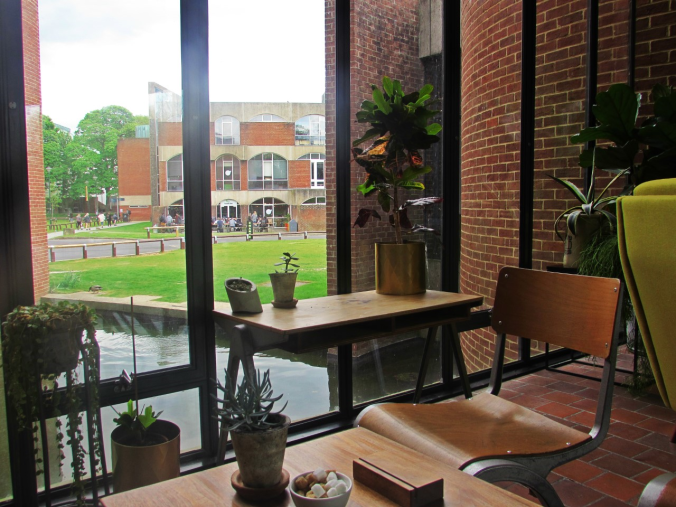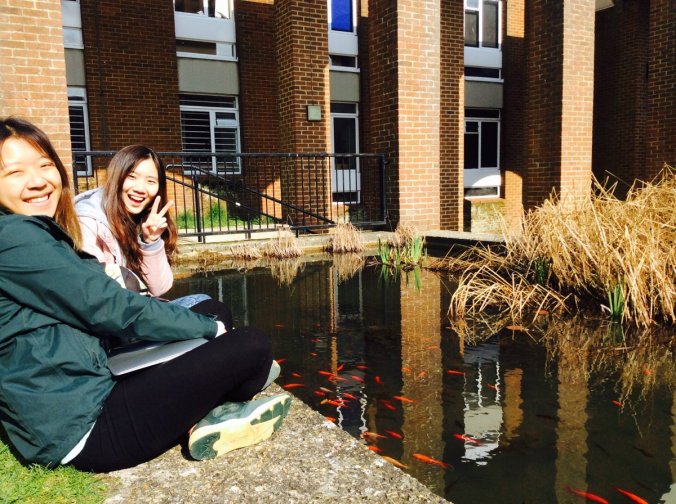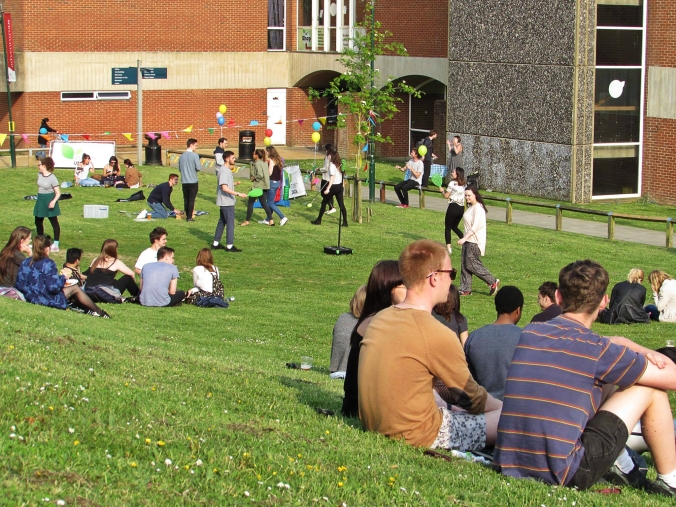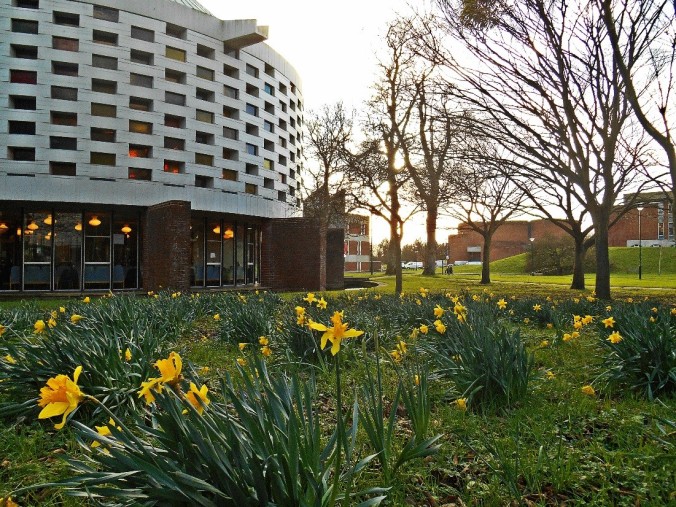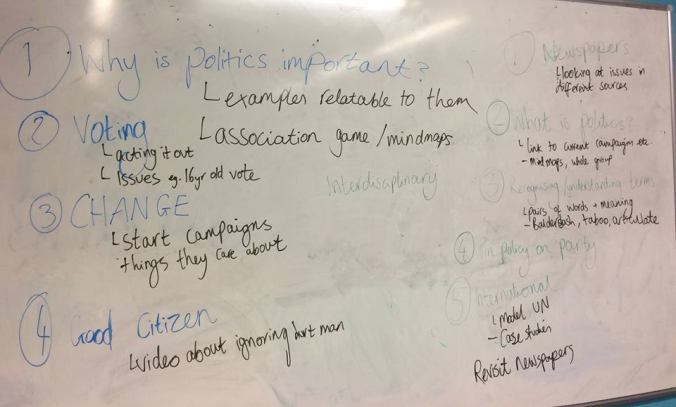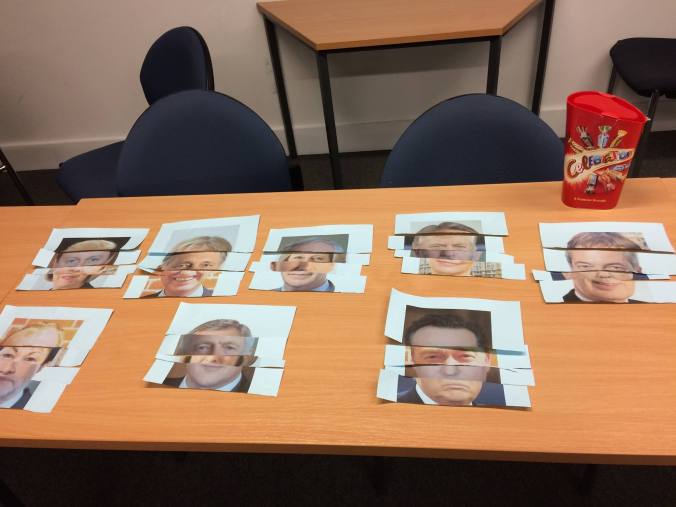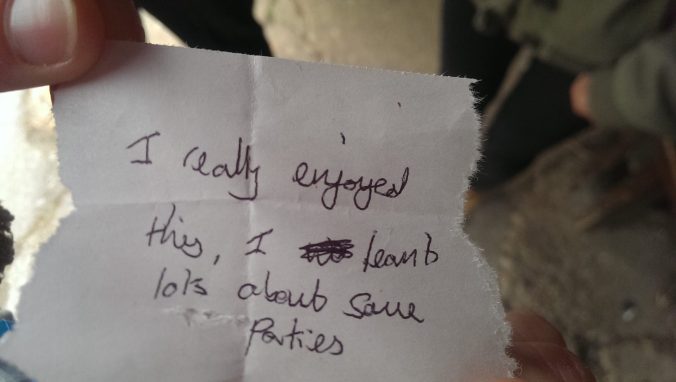The Super Bowl – it’s the biggest event in the US sporting calendar where families gather round the TV to watch a night of world-class entertainment, multi-million pound commercials and intense sporting drama.
More than 1.25bn chicken wings and 14,500 tons of chips will be consumed this Super Bowl Sunday while on average 1.5m people will call in sick the next day.
But while almost 200 million fans tune in worldwide, the Super Bowl remains an uncelebrated event here in the UK despite London playing host to three NFL games each year.
University of Sussex Saxons cornerback Stefano Quaradeghini gives seven reasons why even American Football novices should check out the game this weekend.
To see an underdog make history
The Philadelphia Eagles have never won the NFL’s Lombardi trophy since the launch of the Super Bowl era in 1967.
And that makes them serious underdogs for a clash with the New England Patriots who are bidding to tie the record for the most Super Bowl victories of six.
The Eagles started the season off with a bang with sophomore sensation quarterback Carson Wentz leading the team to a league best 11-2 record before his season was ended prematurely by an anterior cruciate ligament tear.
Losing Wentz, who had already managed to break the Eagles’ regular season completion and touchdown record before his injury, has led many to write them off.
Against all the odds and public opinion, back-up quarterback Nick Foles has grown with each game he has deputised in, culminating in the 38-7 demolition of the Minnesota Vikings’ star defence to get into the Super Bowl and prevent Minnesota from making their own slice of history as the first team to play the Super Bowl at their own stadium.
Now the Eagles are desperate to prove that underdog tag is misplaced one more time against the NFL’s greatest modern-day dynasty.
To see one of sport’s great coach-player partnerships in action
The New England Patriots defy the spirit and rules of the NFL which, with its wage cap and draft, is designed to ensure no team dominates.
Under surly coach Bill Belichick and All-American hero quarterback Tom Brady, the Patriots have won five of the last 17 Super Bowls and are bidding to win it three times in four years for the second time in their incredible dynasty.
After a shock season-opening loss to the Kansas City Chiefs, questions were raised whether the dynasty was coming to a close but instead it’s been business as usual as Brady systematically picked apart the league’s defences.
Earlier this same season the Patriots even offloaded promising young back-ups Jacoby Brisett and Jimmy Garoppolo, the latter of which was widely expected to be the heir to Tom Brady’s throne as the seemingly ageless star’s presumed retirement edges nearer.
That could have been seen as a foolish move as it left the Pats without any experienced back up, especially when Brady, who will become the oldest starting quarterback in Super Bowl history on Sunday, had to nurse a hand injury through their AFC Championship game.
But most seasoned NFL watchers no better to doubt coach Belichick’s judgement after so many years of success and even fewer dare air those criticisms to a hard-faced coach who conducts media interviews with a fearsome contempt.
To cheer on a Brit
If you’re struggling to know who to root for on Sunday, then the Eagles can make a claim to your patriotic side. London-born and Arsenal fan Jay Ajayi has made quite a name for himself since joining the league in 2015.
Having made a splash with the underperforming Miami Dolphins, where he became a real fan favourite for his lung bursting runs, Ajayi’s personal prospects were suddenly boosted by a surprise mid-season trade to Philadelphia at a point in the season when the Eagles’ were crushing all before them.
If the Eagles win, he will become the fifth British-born player to claim Super Bowl victory following in the path of Osi Umenyiora, Marvin Allen, Scott McCready and Lawrence Tynes.
To see some fantastic athletes in action
American Football is a big team game – 45 players on each team will be in their kit and ready to play come Super Bowl time.
And that means a lot of talent and a lot of characters will all be trying to influence the direction of the match and may well catch your eye on the night. They come no bigger in talent, stature or character than the freakish Pats tight end Rob Gronkowski who never flies under the radar with his throwing of monster blocks, ridiculously athletic catches despite his 6’6” 265lbs frame or drilling the ball into the turf with his trademark ‘Gronk’ spike to celebrate a touchdown.
They also have grizzled veteran linebacker James Harrison, who has spent the majority of his career chasing down Tom Brady with his former team the Pittsburgh Steelers, before a mid-season trade to the Pats.
On the Eagles side, their number two ranked defence is spearheaded by defensive tackle and qualified big dude Fletcher Cox (who weighs in at almost 300lbs).
Cox has provided one of the images of the week of build-up by donning a Mexican wrestler mask for an one-hour long press conference but he’ll be hoping to provide a few more memorable images before the weekend is through.
To see friends reunited
With such big squads and teams battling to keep within their salary caps, it’s not unusual for NFL players to go round the block a few times.
So playing against their former teammates this weekend will be Eagles running back LeGarette Blount and defensive end Chris Long who have the chance to make history by winning the Super Bowl in consecutive years with two different teams.
Playing in the same position as LeGarette Blount, and thus charged with running the ball back through a crowd of 11 former teammates all determined to stop him in his tracks, will be Pats running back and former Eagle Dion Lewis. Pats wide receiver Danny Amendola even keeps an Eagles shirt in a frame hanging up in his house but that’s not out of love for Philadelphia – it’s a reminder that they cut him from their squad before he ever played a game for them almost a decade ago.
To see sports’ biggest spectacle
Like with any great sporting event in America, it wouldn’t be a season concluding match without a limitless budget, high production show that involves everything from fighter jets flying overhead in formation, pyrotechnics and blaring music at every opportunity.
Even the mid-game adverts are an event with their own media build-up with Hollywood stars Margot Robbie, Hugh Jackman, Chris Hemsworth, Chris Pratt and Danny DeVito all appearing in 30-second slots which have set companies back £5million.
There’s more star power with the celebrity appearances for the singing of the national anthem and the half-time show.
Previous years have seen an endless list of legends perform including such as Prince, Michael Jackson, Beyoncé, Lady Gaga, the Rolling Stones, Tom Petty and Paul McCartney to name a few.
Justin Timberlake is the star performer this year in an act which is set to be either spectacular or at the very least memed for your amusement.
To learn the game from those who know the game
American Football has a lot of pundits. Big desks lined with ex-players all stuffed into suits.
But punditry for American Football is different to football punditry here in England, it actually tells you what is happening on the pitch.
Every play is a carefully choreographed move by the team with the ball with an equally meticulously planned response by the defending team trying to stop that move.
It’s a huge chess game with 22 two very strong, smart and athletic pieces.
Thanks to the pundits and their magic pens, you too can pretty quickly see how that game-changing touchdown was scored or that game-saving tackle was pulled off.
And when you can spot that, you will be hooked on NFL and will be cursing having to wait until September for the next season to start.
By University of Sussex student and Sussex Saxons cornerback Stefano Quaradeghini
